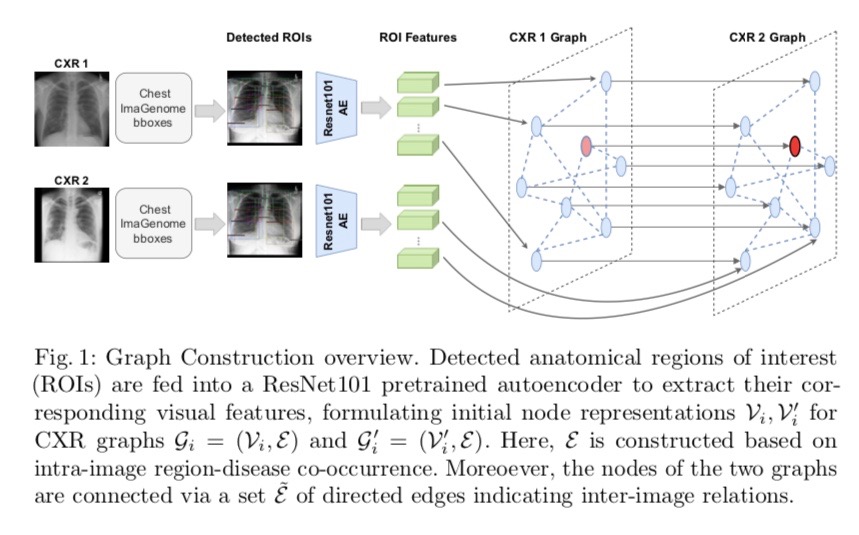Sanghani Center Student Spotlight: Amarachi Blessing Mbakwe

In her research at the Sanghani Center, Ph.D. student Amarachi Blessing Mbakwe is trying to develop advanced artificial intelligence methodologies for better medical imaging and clinical decision-making.
Her passionate drive to improve healthcare systems that could save millions of lives worldwide stems from personal experience. With the deaths of two close family members in her home region in Nigeria, Mbakwe witnessed firsthand the devastating consequences of delayed disease detection, poor treatment management, and a shortage of healthcare professionals.
Targeted intervention can improve healthcare access for everyone and mitigate the disparities in clinical care often faced by underrepresented populations and minorities, said Mbakwe, who is advised by Ismini Lourentzou.
“By developing an AI algorithm that can accurately and quickly analyze chest x-rays, my research can help reduce the time and effort required for radiologists to interpret medical imaging tests which, in turn, can help ensure timely patient treatment or adjustment of treatments, especially in regions with a shortage of radiologists,” she said.
Mbakwe has published papers and articles in various journals and conferences. She presented a collaborative paper, “CheXRelNet: An Anatomy-Aware Model for Tracking Longitudinal Relationships between Chest X-Rays,” at the 2022 Medical Image Computing and Computer Assisted Intervention Society conference in Singapore and, this spring, at the Computing Research Association 2023 CRA-WP Grad Cohort Workshop for IDEALS in Hawaii and the 2023 Grad Cohort Workshop for Women.
CheXRelNet incorporates local and global visual features, utilizes inter-image and intra-image anatomical information, and learns dependencies between anatomical region attributes via graph attention to accurately predict disease progression for a pair of chest x-rays.
“I was attracted to Virginia Tech’s Department of Computer Science and the Sanghani Center because I wanted to conduct impactful research that benefits society and they provided me with the perfect platform to achieve my goals,” Mbakwe.
She said that the outcome of her research is not only applicable in healthcare but could also extend further to other applications in fairness and finance. Last summer she had the opportunity to intern at JPMorgan Chase & Co as an AI research associate and will be returning for a second internship this summer.
Mbakwe earned a bachelor’s degree in mathematics from Nnamdi Azikiwe University, Anambra State, Nigeria, and a master’s degree in computer science and quantitative methods from Austin Peay State University in Clarksville, Tennessee.
Projected to graduate in 2024, she aspires to become a researcher in an industrial research lab and eventually also assume the position of visiting/adjunct professor.